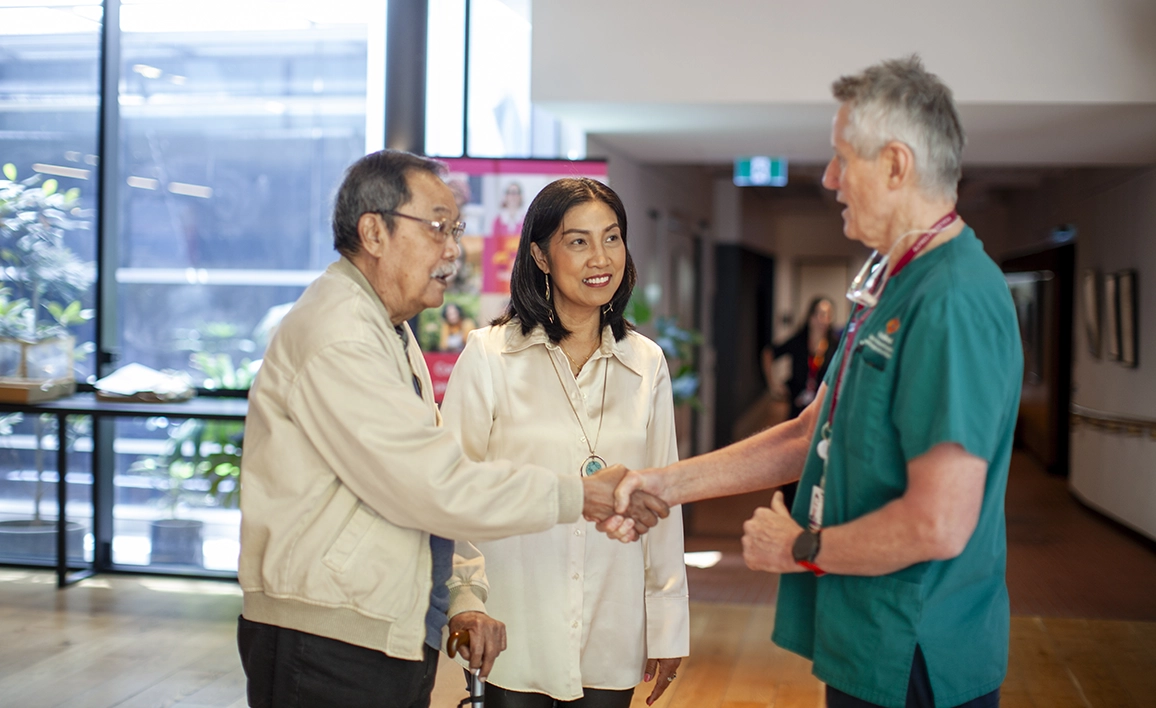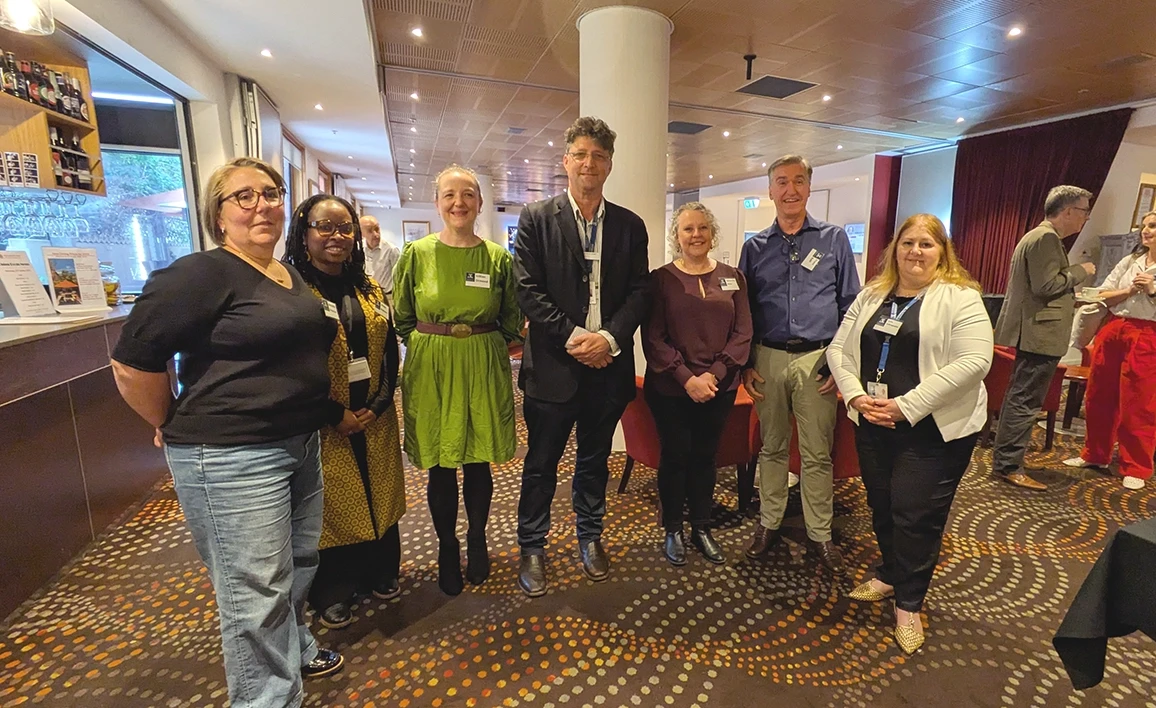We're driving a culture of research and quality improvement through funding and supporting research, academic anaesthesia and researchers across Australia and New Zealand and sustaining our global leadership in high quality research.
Support services and resources include funding grants through the ANZCA Research Committee and ANZCA Foundation, the ANZCA Clinical Trials Network, the ANZCA Institutional Research Repository (AIRR), and the Research Support Toolkit.

The foundation dedicates around $A1.5 million to medical research each year; supports our Indigenous health and overseas aid activities; and raises the profile of college-supported research.

We are the leading clinical trials network in anaesthesia, pain and perioperative medicine.

The purpose of the Professional Practice Research Network (PPRN) is to promote research in the professional practice domains of communicator, collaborator, leader and manager, scholar, health advocate and professional in anaesthesia, perioperative and pain medicine.

Learn more about our research, strategy and objectives.

Many of the recent advances in anaesthesia, pain medicine and perioperative patient care have involved pioneering ANZCA-funded research conducted by our fellows.

Survey research informs the hypothesis for multi-centre trials and research by providing evidence on attitudes, practices and knowledge.

This hub has been designed to bring together the resourcing, services and support available through the college for research-related activities.

Our Research Consultation Service helps develop and deliver research services to fellows, trainees, college staff and other key college stakeholders.






